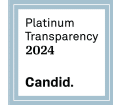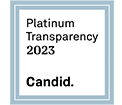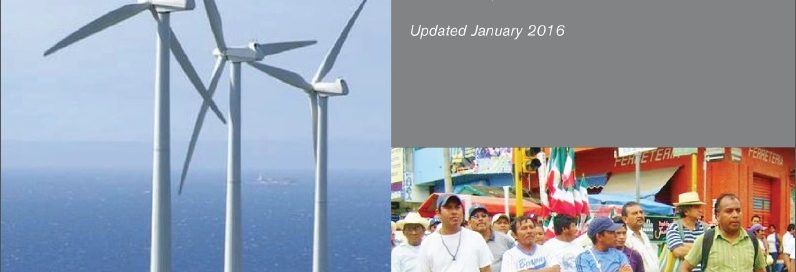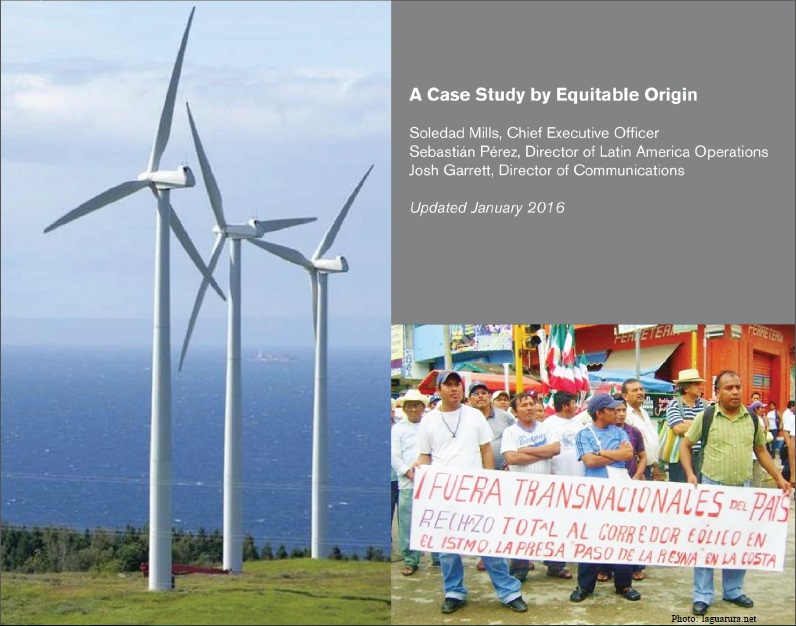
Equitable Origin's case study on wind development and community opposition in Oaxaca, Mexico is now available for to the public.
This morning, we announced an updated version of our case study, Defining and Addressing Community Opposition to Wind Development in Oaxaca (originally published in November 2015) in a press release and made it available for download. Read on for an executive summary of the study:
Since Mexico opened its energy resources to foreign development and investment, wind energy development in the southern state of Oaxaca has boomed, buoyed by the federal government's goal to triple its wind capacity by 2018. Windy Oaxaca is home to a dynamic that is becoming increasingly common around the world as a consequence of the expansion of energy development into new and remote areas: energy development projects within the legal and/or traditional territories of Indigenous Peoples. Projects have seen pushback from indigenous groups, stemming from largely from issues of land rights and community consultation.
Wind projects in Oaxaca can and should be beneficial for communities, development companies, and investors, but these benefits can only be realized through effective engagement that fosters consultation and communication between stakeholders that resolve current conflicts and lead to responsible development practices. Based on the findings of the case study, Equitable Origin recommends two main courses of action in Oaxaca that draw from the EO System and EO100TM Standard for Responsible Energy Development to improve engagement and communication among stakeholders, secure benefits for indigenous and local communities, and reduce risk for investors in wind projects:
- Major expansion of community engagement efforts by industry and regulators that includes (a) consultation with more communities and individuals, (b) clearer communication of details of the development process and expected impacts, and (c) explanation of opportunities for community members to benefit from the projects throughout their lifetimes.
- Development and application of international standards for social and environmental performance to wind projects by regulators and funders.
The examples of conflicts around renewable energy development found in the case study exist all over the world, and represent serious obstacles to expansion of renewable energy resources. Independent international standards for social performance by renewable energy projects represent a viable approach to clearing those obstacles and growing renewable energy resources required to meet vital climate change mitigation goals.
